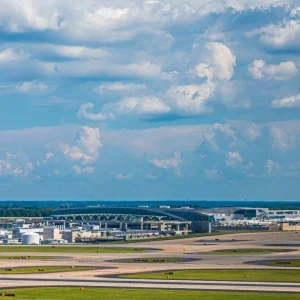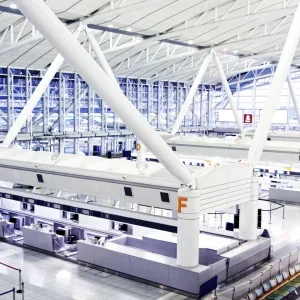Saudi Arabia has announced a new airport development project in Yemen that will accommodate two million travellers a year.
The Saudi Development and Reconstruction Program for Yemen (SDRPY) has announced that the airport in the historic city of Marib, east of the capital Sanaa, will be rebuilt.
The rebuilt airport will provide a critical infrastructure hub for the country and region.
Around 5,000 jobs are expected to be created during construction of the airport, and one thousand permanent jobs after construction and some 10,000 indirect jobs in ancillary sectors.
The work will be carried out by the same company that built and designed an airport in Chicago.
Saudi Arabia ambassador to Yemen and SDRPY director Mohammed Al Jaber said: “This is an exciting project that gets to the heart of what Yemen needs right now in terms of employment and economic opportunities.
“Its proximity to the capital means it could also revive the efforts to join the regions of al-Jawf, Shabwah and Hadramaut.
“This essential work, and many projects like it, can’t wait – the people of Yemen need it now, even as we tirelessly strive for a political solution to the conflict.”
SDRPY is also working on several projects in Yemen, including King Salman Educational and Medical City, Seiyun Hospital, al-Ghaydah Schools, al-Ghaydah Water Project, well-drilling project, two power stations in Socotra, a kidney dialysis centre, petroleum derivatives project, residential complex project, border posts, national security and a counterterrorism centre.
Saudi Arabia has provided $2 billion in monetary aid to Yemen’s central bank to help bolster the country’s currency a few months ago.
In October 2018, the first oil tanker arrived in Aden port carrying the first instalment of oil derivatives, worth $60 million to supply diesel and mazut to electrical power stations in Yemen as part of the SDRPY.
The Aden Refinery started distributing 62,000 tonnes of diesel and 25,000 tonnes of mazut to directorates, under the supervision of the legitimate Yemeni government to power electricity-generating plants 24 hours per day and benefit some 8.5 million Yemenis.




